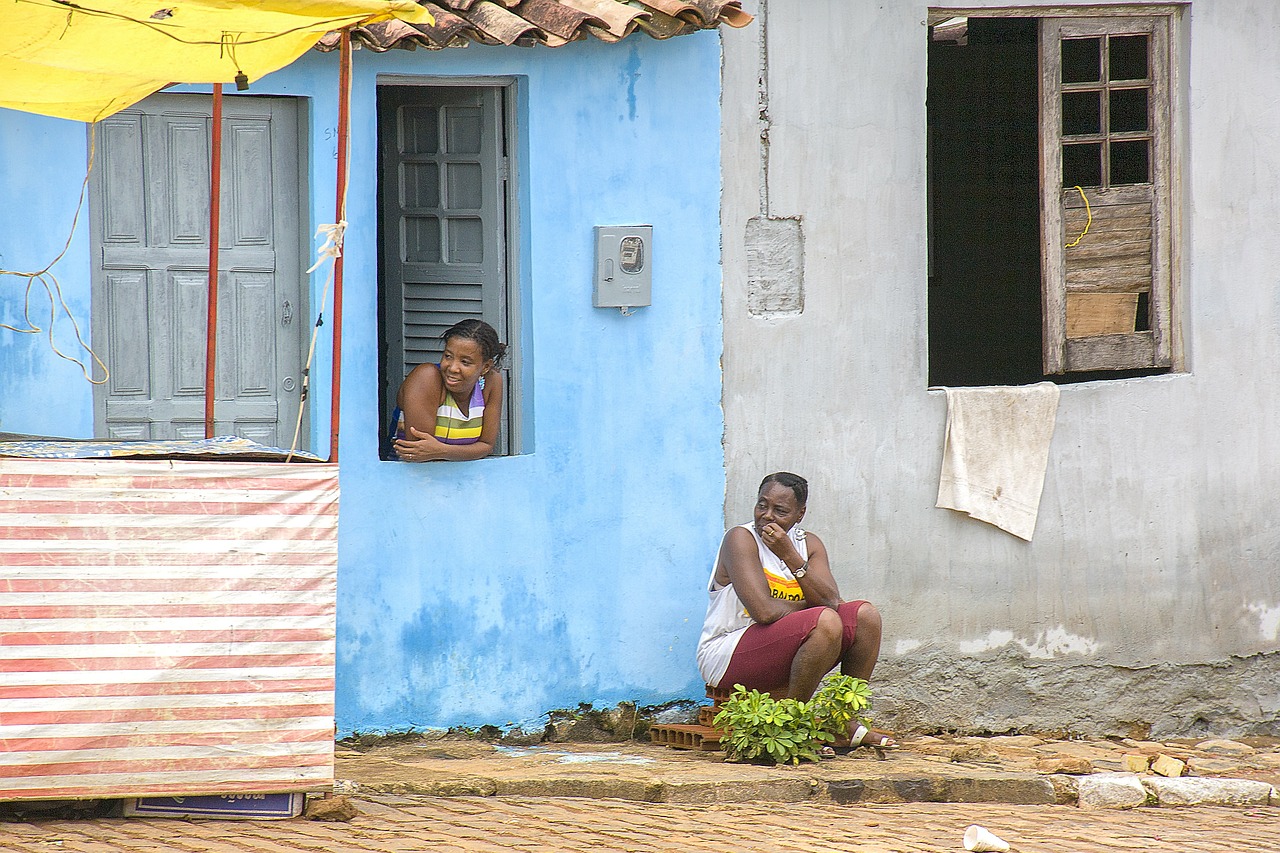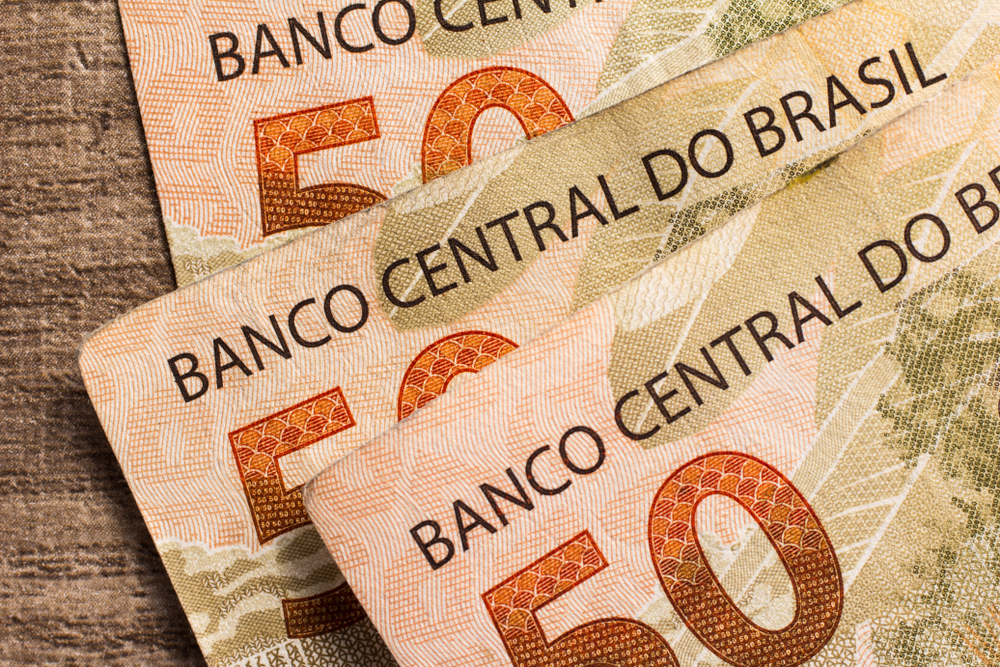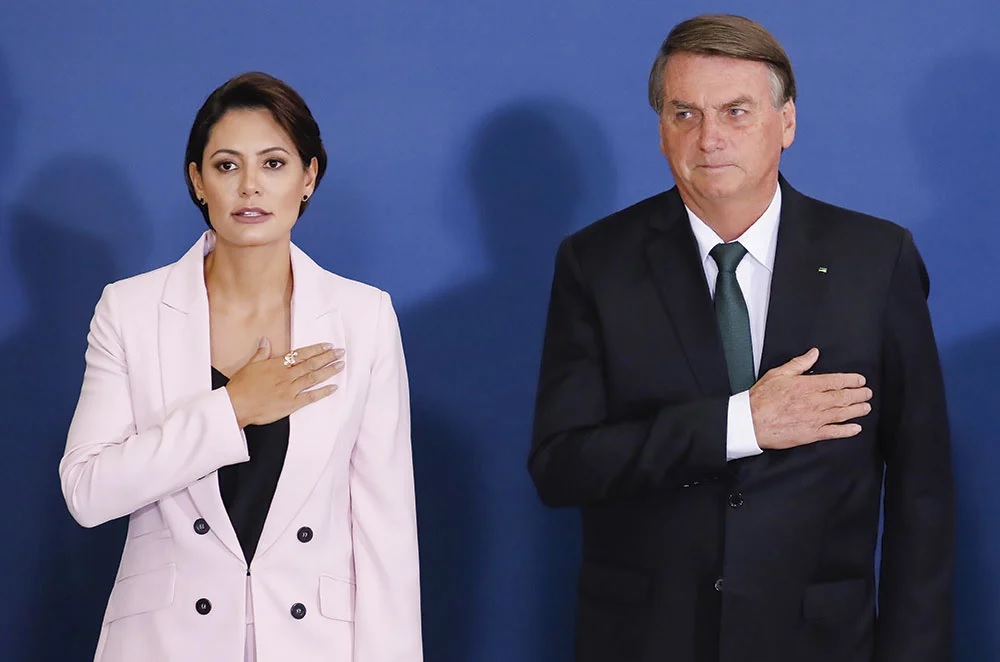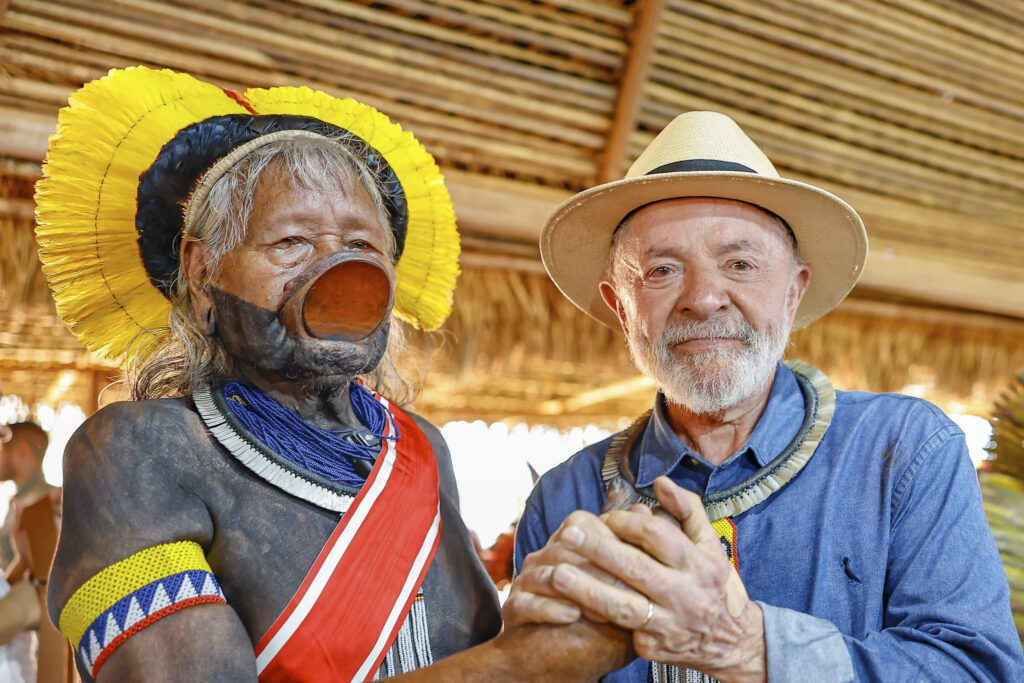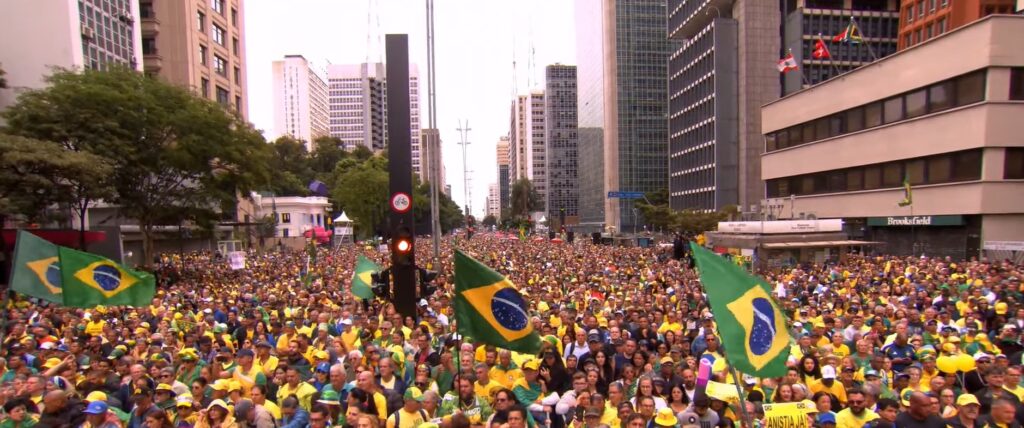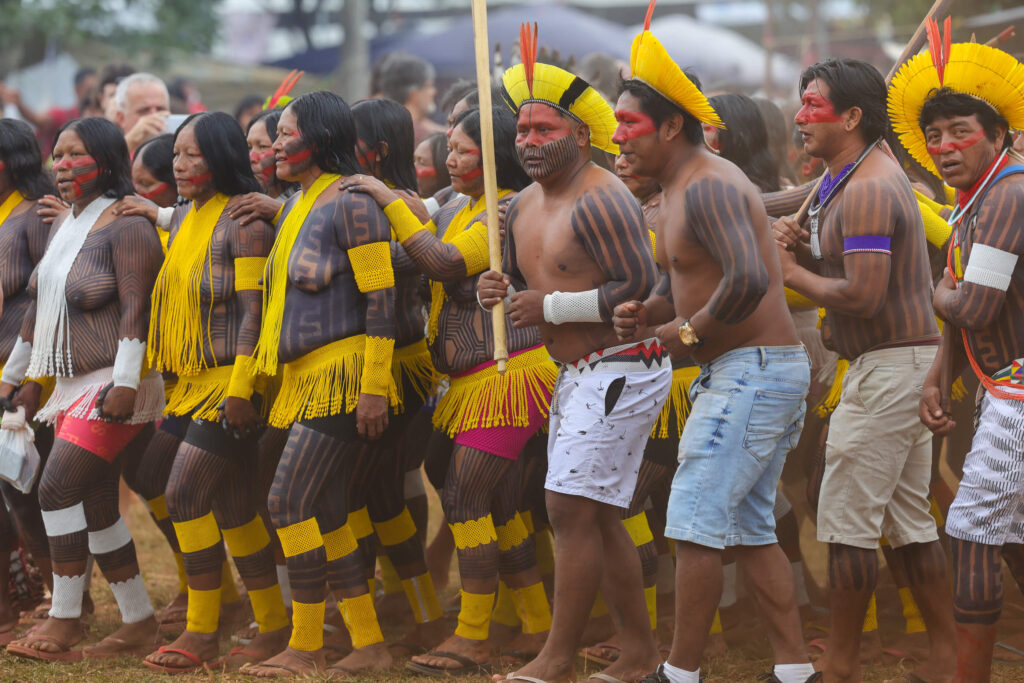According a survey released this week by the Brazilian Institute of Geography and Statistics (IGBE), numbers of people living in a situation of extreme poverty in Brazil has risen by almost 2 million within the last year, bringing the total number living in these conditions up to 15.3 million people.
This rise represents a 13% increase from the statistics recorded in 2017, when approximately 7% of all Brazilians were living below extreme poverty lines.
Speaking to news outlet G1, survey director André Simões put the dramatic increase down to deteriorations in the labour market following a boost in the agriculture industry, which does not generate many jobs.
“Work-related income makes up the majority of household income. Unemployment rates continue to be high this year, explaining why poverty has increased,” he told the Brazilian news outlet.
Geographically-speaking, Brazil’s most underprivileged areas can be found in the states that make up the northeast region of the country, with terrestrially diverse Maranhão registering as the poorest, where over half of the population live below the poverty line.
However, whilst this year’s IGBE survey indicated that poverty rates in all other areas of Brazil have proportionately increased compared to previous years, conditions in the north-east of the country have remained relatively stable.
In contrast, the state registering the lowest levels of poverty in Brazil is Santa Catarina, whose coastal capital, Florianopolis, is one of southern Brazil’s biggest tourist destinations. In Santa Catarina, just 8.5% of the population finds itself living below the poverty line.
One of the most significant observations the survey made, however, was the fact that there are approximately 27 million Brazilians living off less than the quarter of the country’s minimum wage, which currently sits at approximately $954 reais per year. In a country whose population was registered at around 209 million last year, recent calculations constitute a significant proportion of the population.
Nevertheless, the survey’s results are not entirely negative. According to the IGBE, figures show a reduction, albeit slight, in the wage gap between white and Afro-Brazilians.


